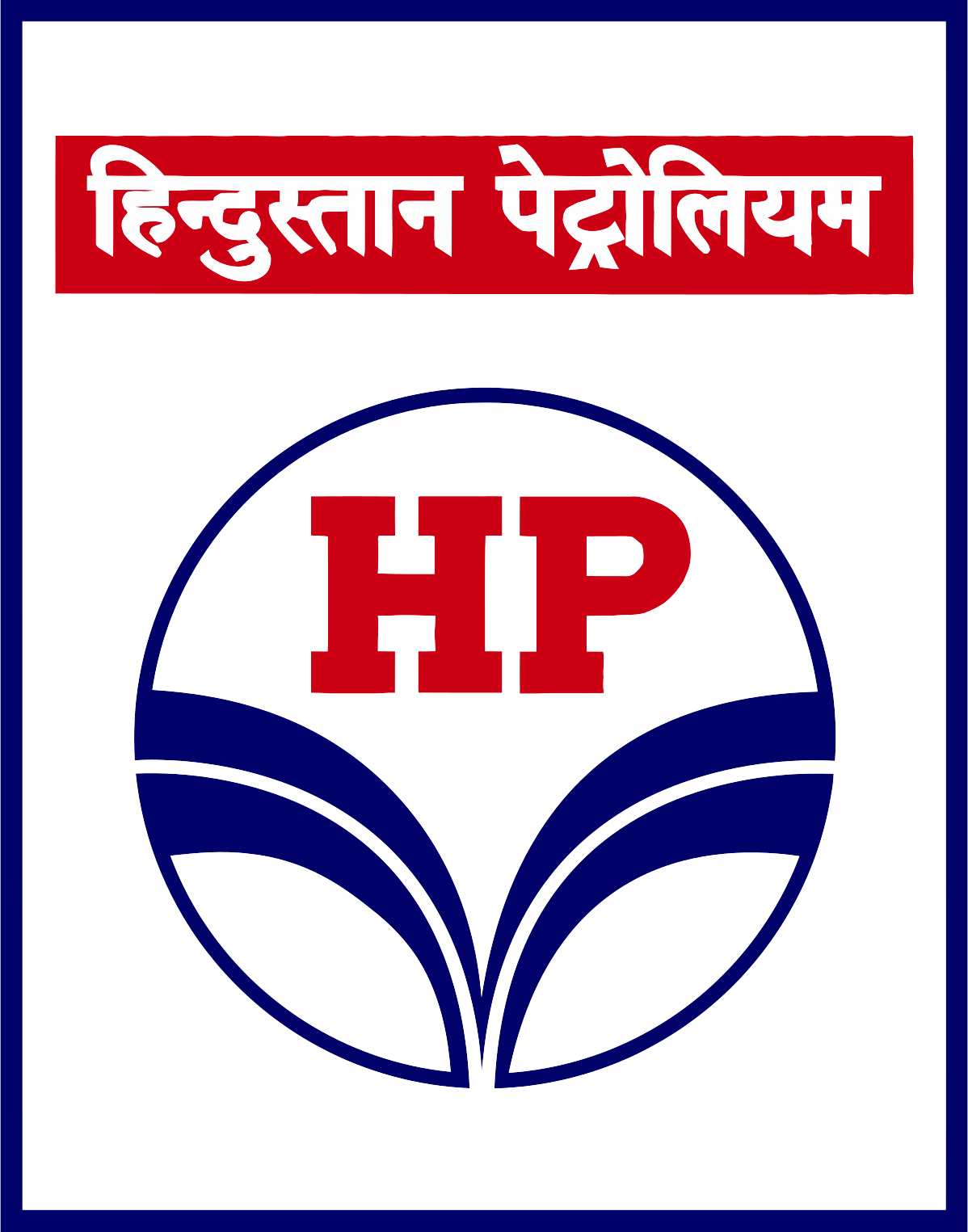Maximizing Remote Learning with Moodle: A Comprehensive Guide for Moodle Development
Moodle development encompasses a wide array of activities aimed at optimizing the platform’s performance, usability, and functionality. From designing custom themes to developing bespoke plugins, Moodle development companies play a crucial role in tailoring the platform to meet the unique requirements of educational institutions and organizations. By leveraging their expertise in PHP programming, JavaScript, and other relevant technologies, these companies can create seamless integrations, enhance user experience, and address specific pedagogical needs. Whether it’s implementing gamification elements, integrating multimedia content, or incorporating advanced assessment tools, Moodle development companies possess the technical prowess and creative vision to transform ordinary e-learning environments into dynamic and engaging spaces for teaching and learning.
At the heart of Moodle development lies the concept of customization. Unlike proprietary LMS solutions, Moodle offers unparalleled flexibility, allowing administrators to tailor every aspect of the platform to suit their preferences and objectives. From the layout and design of the user interface to the functionality of individual modules, Moodle can be customized to reflect the unique identity and requirements of each institution. Moodle development companies specialize in harnessing this flexibility to create bespoke solutions that align seamlessly with their clients’ goals and objectives. Whether it’s building custom plugins to extend the platform’s functionality or integrating third-party applications to enhance its capabilities, these companies are adept at turning vision into reality.
One of the most significant advantages of Moodle development is the availability of a vast ecosystem of plugins and extensions. From simple utilities to complex learning tools, Moodle’s plugin architecture allows developers to extend the platform’s functionality in virtually limitless ways. Moodle development companies leverage this ecosystem to create custom plugins that address specific needs and requirements. Whether it’s adding support for new file formats, integrating external services, or enhancing communication and collaboration tools, these plugins enable educators to create rich and immersive learning experiences that go beyond the capabilities of standard LMS platforms.
Work Delivered For








2005
WORKING SINCE

500
GLOBAL CLIENTS

100
LMS DEVELOPED

2000
ECOURSES DESIGNED
Get in Touch with Our Experts
Contact Us


